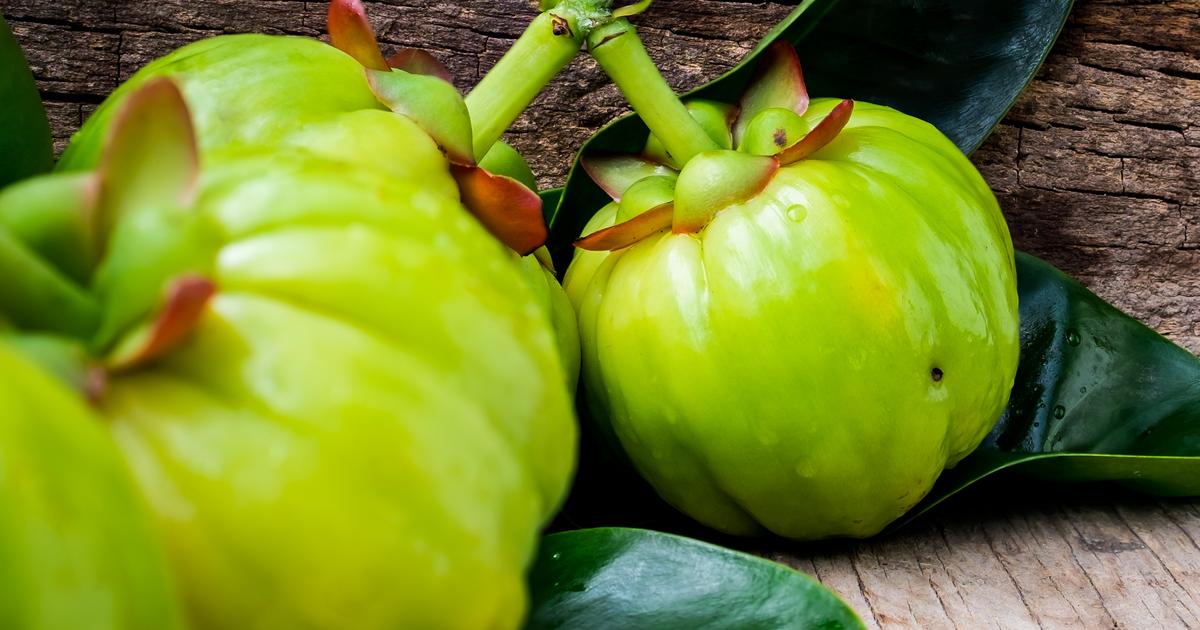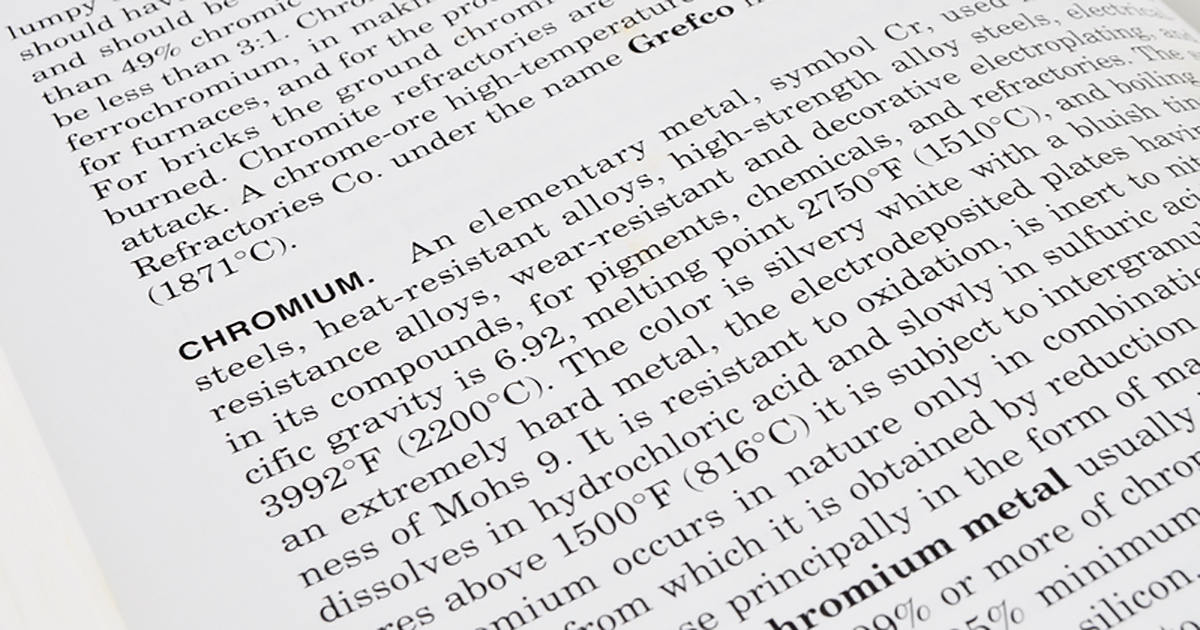The Top Nutrition Scams To Watch Out For
With the pressures to be slim and the desire to be healthy, individuals may become victim to the marketing strategies of the multi-billion dollar weight loss industry. For example, Americans spend over forty billion dollars per year on weight loss pills, workout regimes, and supplements. The desperation to make big changes with the expectation of these miracle solutions actually working is what these companies feed on. Whether it’s late night infomercials, ads in a magazine, or celebrity endorsements, individuals are given countless options to make themselves look better. Many of these promises sound too good to be true, and this is because they are. Here are the main nutrition scams to watch out for right now.
Garcinia Cambogia

Garcinia cambogia, derived from a citrus fruit from South Asia, contains hydroxycitric acid, an organic acid. The theory behind garcinia cambogia and weight loss is the high 'sour' content of the fruit will make the individual's stomach feel much fuller faster so they won’t eat as much. However, there is insufficient research proving this effect.
Garcinia cambogia advocates claim these supplements can reduce fat, give individuals more energy during workouts, and influence fat metabolism, though none of these have been proven in legitimate testing. Garcinia cambogia can, however, result in nausea and diarrhea.
Next, find out what nutrient is supposedly healthy for us.
Chromium

Chromium is said to improve the composition of an individual's body and promote weight loss. The study has been backed only once, with other studies finding no evidence of these claims. Individuals are also at risk when they take chromium as one form is toxic. Trivalent is a type of chromium the body needs. It’s considered safe in small doses. Hexavalent is another form of chromium that may be found in supplements, but it can cause stomach upset, ulcers, kidney and liver diseases, and in the worst case scenario, death.
Next, discover what fruit might not be as healthy as once believed.
